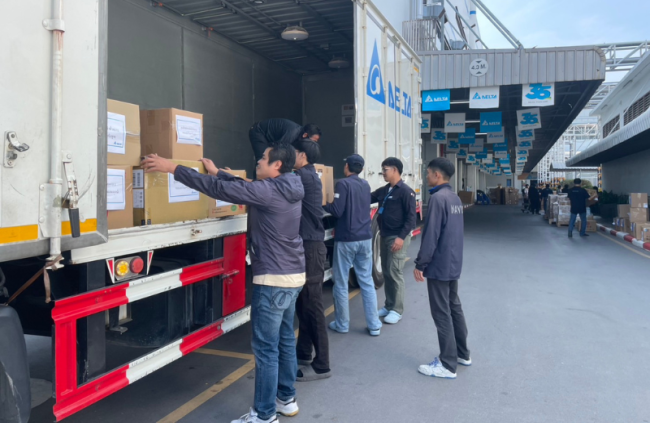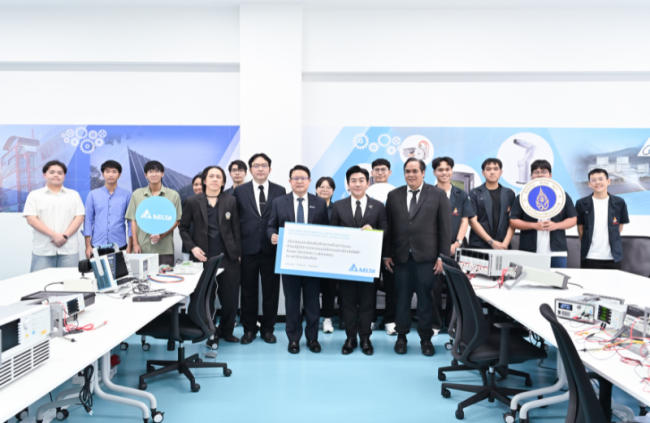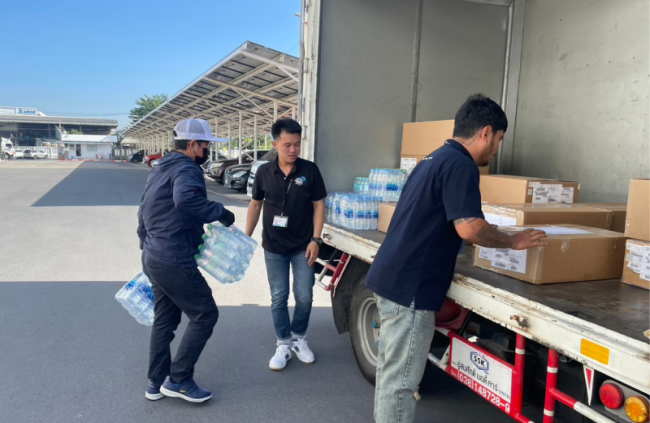DET Voices #2: DET Six Sigma Green Belt Class
By Delta Electronics (Thailand) PCL. - Published September 08, 2020
In the second part of our audio series-DET Voices, we hear thoughts and views from the graduates of the Delta Six Sigma training course.
Congratulations to all our Delta Six Sigma class on your Green Belt certification!
Let’s hear what some of the class have to say about the three questions we asked:
1. How does Six Sigma and the Green Belt help your job and life?
2. Why do you feel it’s important to have continuous improvement and lifelong learning?
3. What are your future goals for work and life?
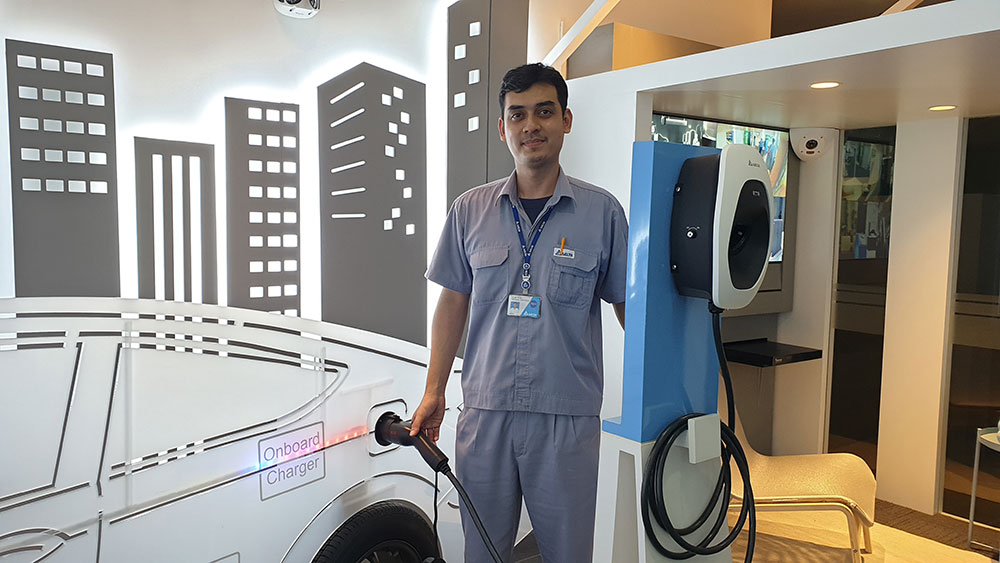
Mr. Thammawut Seakwattana, IT-LOB, ME/EE
In my opinion, the Six Sigma skills we learn to get the Green Belt can be used to analyze problems that arise in the production line.
Besides, bringing statistical data into our work process, it’s also a database for all sorts of problem-solving and can even be used to solve issues in our personal lives!
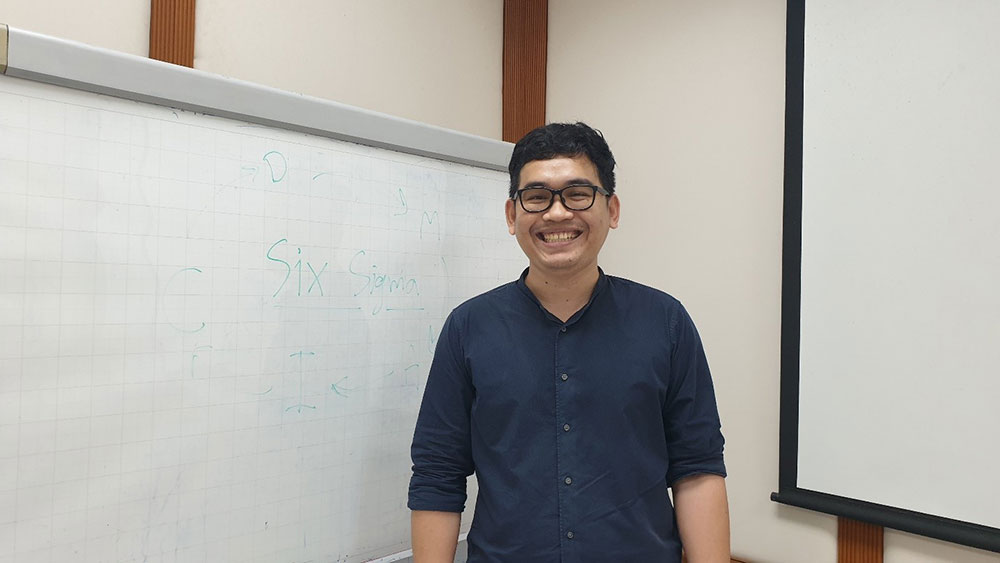
Mr. Jakkapan Tunasoon, R&D PSBG
For the Six Sigma journey, the Green Belt skill set is a great tool to manage our ideas and information, analyze causes and identify problems. This leads us to improve performance by statistical and data-driven principles that apply in our everyday life as engineers.
Six Sigma gives us a step-by-step process of thinking and shows me the importance of continuous learning and personal development which is essential for growth.
I learned in this course to be open to new knowledge or to view from perspectives other than our current understanding. This lets me have a broader perspective on work and life.

Ms. Meena Bumrungkunakorn, PSBG SQM, VQA
Six Sigma is a tool and a concept used for quality improvement using statistical principles. Customer focus is the key to success with this method.
We also get to improve our processes and reduce the negative impact and costs incurred. Driving performance through Six Sigma focuses on leveraging data collection at each stage of the project. We also use statistical tools to analyze this collected data.
Ultimately we want to find the root cause of problems and solutions to improve them. After the correction, the results are confirmed to make sure they are accurate. Thanks to this skill, we have now expanded our improvement activities to our delivery partners.
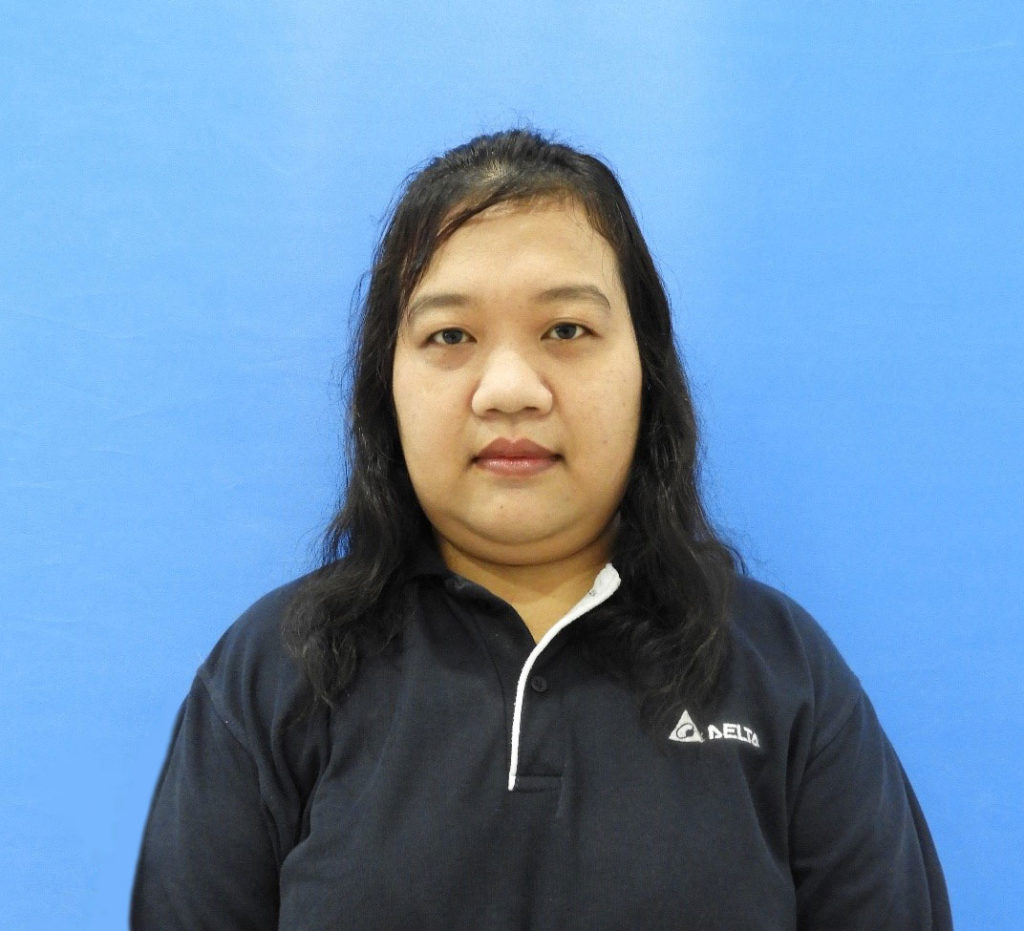
Ms. Soawanee Kamsansuk, PSBG SQM, QA/QC/RMO
I think that continuous learning is important in any organization’s human resource development and is a key factor in organizational development. An innovative company should support all its personnel to continually learn to drive performance and reach business goals.


